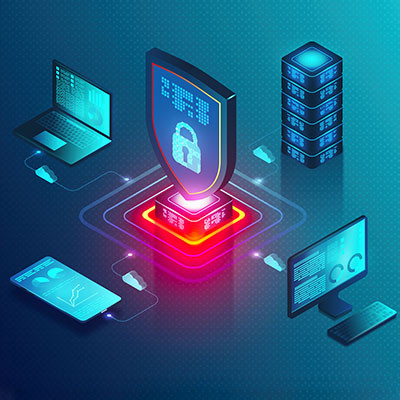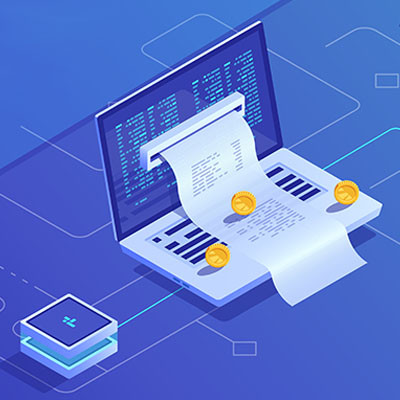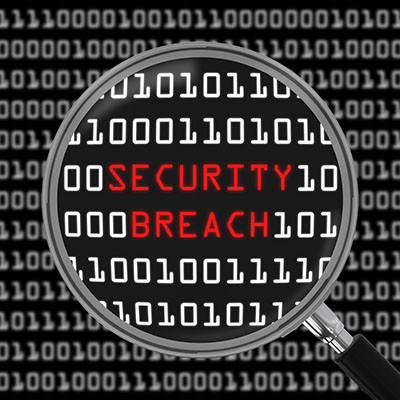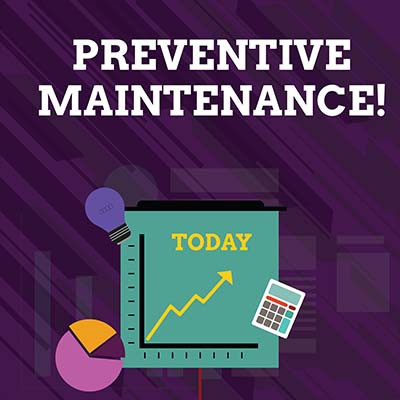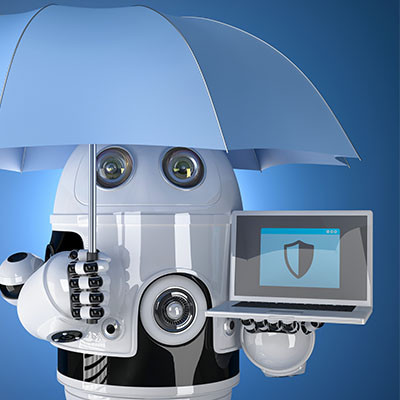Apex Technology Blog
Technology spending is an issue that every business has to confront. There are a lot of options out there and a lot of promises made of which many won’t ever come to fruition, so it’s important to know exactly what it is that your business needs before committing to any technology investment. This month, we discuss six variables to consider when deciding on your next technology move.
Digital communication is an important part of running any business, so you need to do your part by equipping your employees with the tools they need to communicate effectively both in and out of the workplace. Here are three of the most effective tools we have found which enable your business to flourish.
With so many employees working remotely, it’s important that you do all you can to ensure they have set themselves up for success with their home office. To this end, we have put together a list of suggestions you can use to help your employees build the most comfortable, and productive, home office possible. Here are four tips you can implement for a more comfortable workplace.
Now, you may or may not have already made the transition back to the office, and this really applies more to those who haven’t yet. However, even those who have may find some utility here—specifically, in determining if a push to a full return to office was the right move.
Let’s explore how today’s employees may react to the news that remote work will no longer be an option.
Technology is one part of your business where you would rather take proactive measures than react to issues that pop up. After all, preventing some of the disasters and problems which surface could save you so much time and resources. Here are five of the best reasons why you should take a proactive approach to your business’ technology infrastructure.
Microsoft Excel is a great tool that can provide loads of value to power users, but oftentimes users just don’t have the know-how to make the most of it. Thankfully, you have power users like us to guide you through some of the more intricate processes in the spreadsheet software. Let’s look at one such process: removing duplicate values in columns.
Businesses today have to deal with more potential problems than in any time in history. They are dealing with cost increases at every turn, personnel shortages, and a regulatory landscape that is always evolving. One of the biggest issues that can have a negative effect on a business is not having the processes and resources in place and working to secure its data and network. Today, we will look at five suggestions that can work to help your business keep its network and data more secure.
Security is an incredibly important part of running a business, but it’s extremely easy for busy employees to fall short of the security expectations you might place on them. This is why it is so important to train your employees on the many facets of cybersecurity. By training them, you are preparing them to tackle the plethora of challenges they will encounter throughout the workday.
If you want to minimize costs, being proactive can go a long way toward this goal. Your business’ technology is one such area where proactive maintenance can allow your company to save countless dollars and hours of downtime. If you haven’t implemented a proactive maintenance platform yet, then you might be putting your company at risk.
It’s almost summer, which means baseball is in full swing. The game that many of us grew up on has recently gone through a major shift; one that small business owners can replicate to help their organizations. It came about through the use of data and today we’ll discuss how the national pastime has changed and how you can use the same strategies to help make your business better.
When all is said and done, being a manager is a far different experience than being an employee. So, when you promote one of your team members to this position—or perhaps you’ve recently been promoted to management yourself—it is important that a few practices are incorporated into their new workflow. Let’s go over these practices, and how the right IT can help.
The workspace is changing in spades these days, with remote work—once a taboo topic in some offices—being commonplace, along with resignations in the face of a return to the office becoming more of a regular occurrence. Employees want more control over their work schedule so they can balance their personal responsibilities with their professional. A shorter workweek might be the key to making this happen.
Every business wants to make smart technology decisions. For the small business looking to get their workforce the affordable workstations one option that you have today is utilizing the budget Chromebooks that are available. Today we will discuss what the Chromebook can bring to your business and how it can help you reduce your hardware costs and get your staff the resources they need to be productive.
There are many ways that you can invest in your business. You can hire additional people with a strategy to get more done; you can diversify and try to cultivate different types of revenue; and you revitalize your business through the use of technology. This month, we thought we would discuss how deploying certain technologies can help grow your business fast.
Technology enables some amazing things for businesses, but it can influence the way you both look at operations and the way your business functions. Not all businesses have the capital to make these large technology investments. You are far from optionless, though; today we want to discuss some of the better investments you can make in your technology infrastructure, in particular ones that won’t drain your budget.
Due to the increasing complexity and rapid growth of the cybersecurity industry, businesses need to stay ahead of developing threats designed to undermine advancements in the latest and greatest security technologies. One way that researchers have used to fight against threats is through the use of artificial intelligence. It’s possible that this emerging technology could be the key to fighting back against cyberattacks.
How many security solutions does your organization have implemented at any given time? Traditionally, businesses have implemented what we call “point solutions,” which are software tools designed to address a specific part of your security infrastructure. While this approach is certainly better than not having security at all, it presents several problems that must also be addressed in order to most effectively protect your organization.

